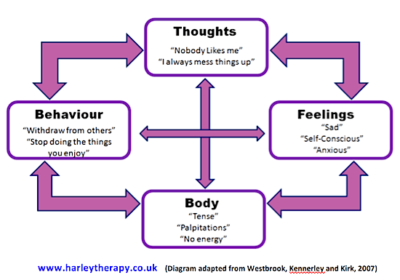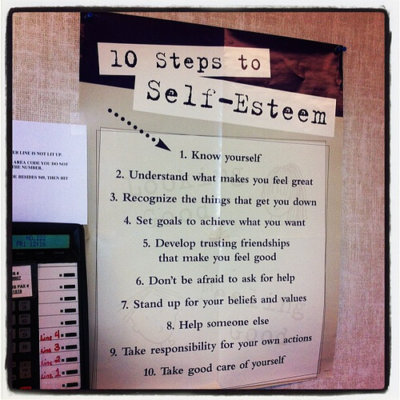5 Reasons Your New Year’s Resolutions Never Work

photo by breaking pic for Pexels
by Andrea M. Darcy
Set the same New Year’s resolutions every January, but they never come to pass? There might be valid reasons why.
5 Reasons your New Year’s resolutions fail
So what would those reasons be, and what are the things you can do to finally break the pattern and move forward?
1. You have limiting core beliefs.
Core beliefs are deep-rooted assumptions about ourselves, others, and the world that we form based on our experiences as a child.
Unless we question the validity of such beliefs, we unconsciously mistake them for facts and live our lives in service to them.
For example, if you grew up in an unstable environment, you might have a core belief that ‘the world is a dangerous place‘. No matter how many times you try to fall in love or feel secure in life, you will instead make choices like picking partners that are unreliable, or living situations with many problems. This confirms that the world is, indeed, dangerous, and the cycle continues.
- What assumptions do you make about the way the world works?
- Can you identify what childhood experience created such assumptions?
- What would happen if the core beliefs these assumptions represent were not true? And what could be true instead?
2. There is unresolved trauma in your life.
Constantly sabotage yourself no matter how hard you try not to? Repeat the same bad decisions despite promising ‘never again’? Behave in ways that mean relationships and opportunities never quite work out? It is quite possible you have unresolved trauma.

Cristian Escobar for Unsplash
This might be childhood trauma, or more recent trauma. Regardless of when the difficult experience took place, the unresolved emotions it created can leave you unable to move forward.
- Is there an experience I had recently or as a child I feel uncomfortable thinking about?
- Are my reactions and emotions often bigger than an occasion warrants?
- Do I suffer from anxiety or emotional shock without an apparent cause?
3.Negative thinking is blocking your New Year’s resolutions.
 Negative thinking sets off what is known in cognitive behavioural therapy (CBT) as a negative ‘loop’.
Negative thinking sets off what is known in cognitive behavioural therapy (CBT) as a negative ‘loop’.
The idea is that a negative thought creates a negative feeling or negative bodily sensations. Which in turn create a negative behaviour, which creates another negative thought, and the cycle continues.
Negative thoughts can not only keep you going in circles, it can cause ongoing depression that leaves you listless and unable to move forward.
Not sure you practice negative thinking? Look out for ‘cognitive distortions’, which include black and white thinking, ‘should’ statements, and jumping to conclusions.
- What kind of thoughts do I have on a daily basis?
- Am I using cognitive distortions?
- Do I immediately assume the worse?
4. Your planning skills need troubleshooting.
And then, of course, there is just setting goals badly. This includes goals that don’t match your abilities, would take much more time than you’ve allowed, or in any other way don’t fit the SMART guideline for goal setting (specific, measurable, achievable, realistic, time framed).
It also includes choosing goals that simply don’t match your personal values. These are the things that are the most important to you in life, whether that is charity or wealth, success or freedom. Nobody can stay inspired if they are striving to do something that deep down they don’t believe in.
- Are my goals SMART goals?
- Have I used other troubleshooting methods to make sure my goals will work?
- Do these goals match my values, or are they actually what my family, partner, or friends would want?
5.You suffer from low self-esteem.

By: Darin McClure
If you don’t believe you deserve something in life, you will find ways to avoid success. Or, you will choose to allow others into your life who sabotage your efforts.
Low self-esteem is also a leading symptoms of major depression.
- Do I struggle to set boundaries and say no to others?
- Do I tend to believe others are better at everything than me?
- Can I quickly list five great things about myself, or is that a struggle?
Best tip to achieve New Year’s Resolutions? Find support
A personal coach can help with things like goal setting and understanding your personal values and core beliefs. A good counsellor can help with all these things too, as well as help you with low self-esteem and processing unresolved trauma.
Sure that negative thinking is your issue? Consider a round of CBT therapy, a short-term psychotherapy which focuses on breaking the cycle of unhelpful behaviours that negative thinking creates.
Harley Therapy connects you with highly experienced and friendly coaching psychologists and psychotherapists in three London locations, or anywhere in the world via online counselling.




